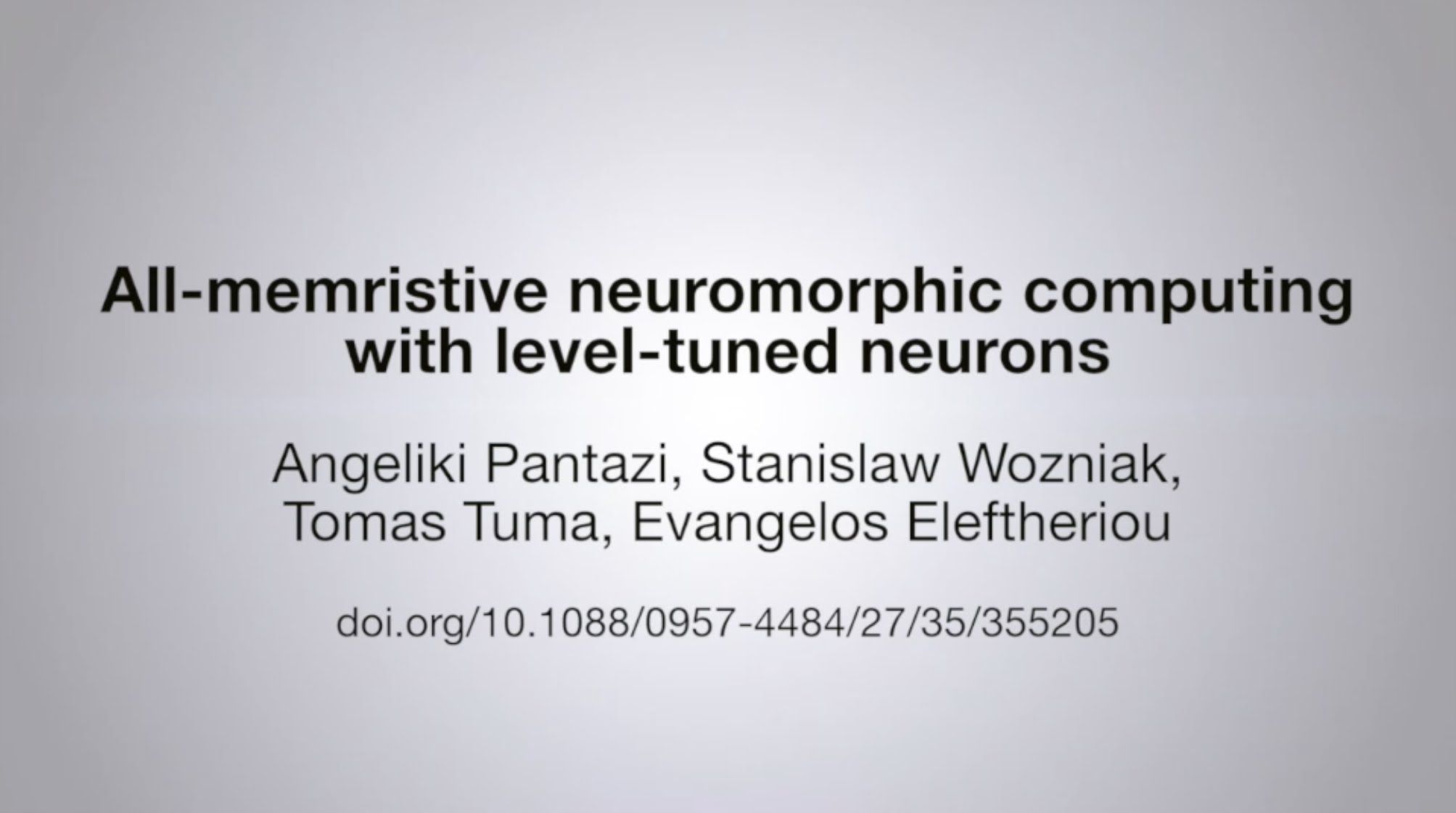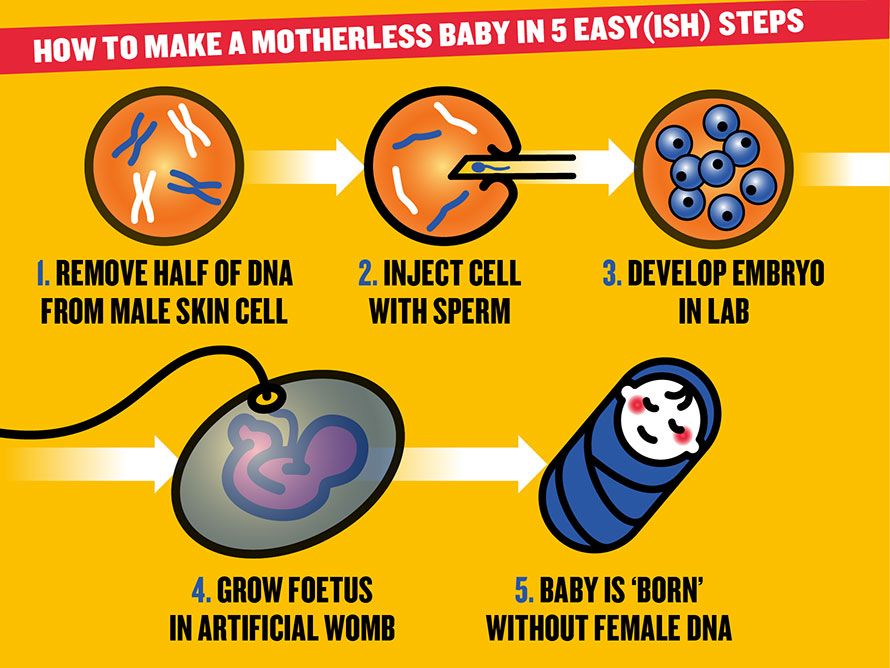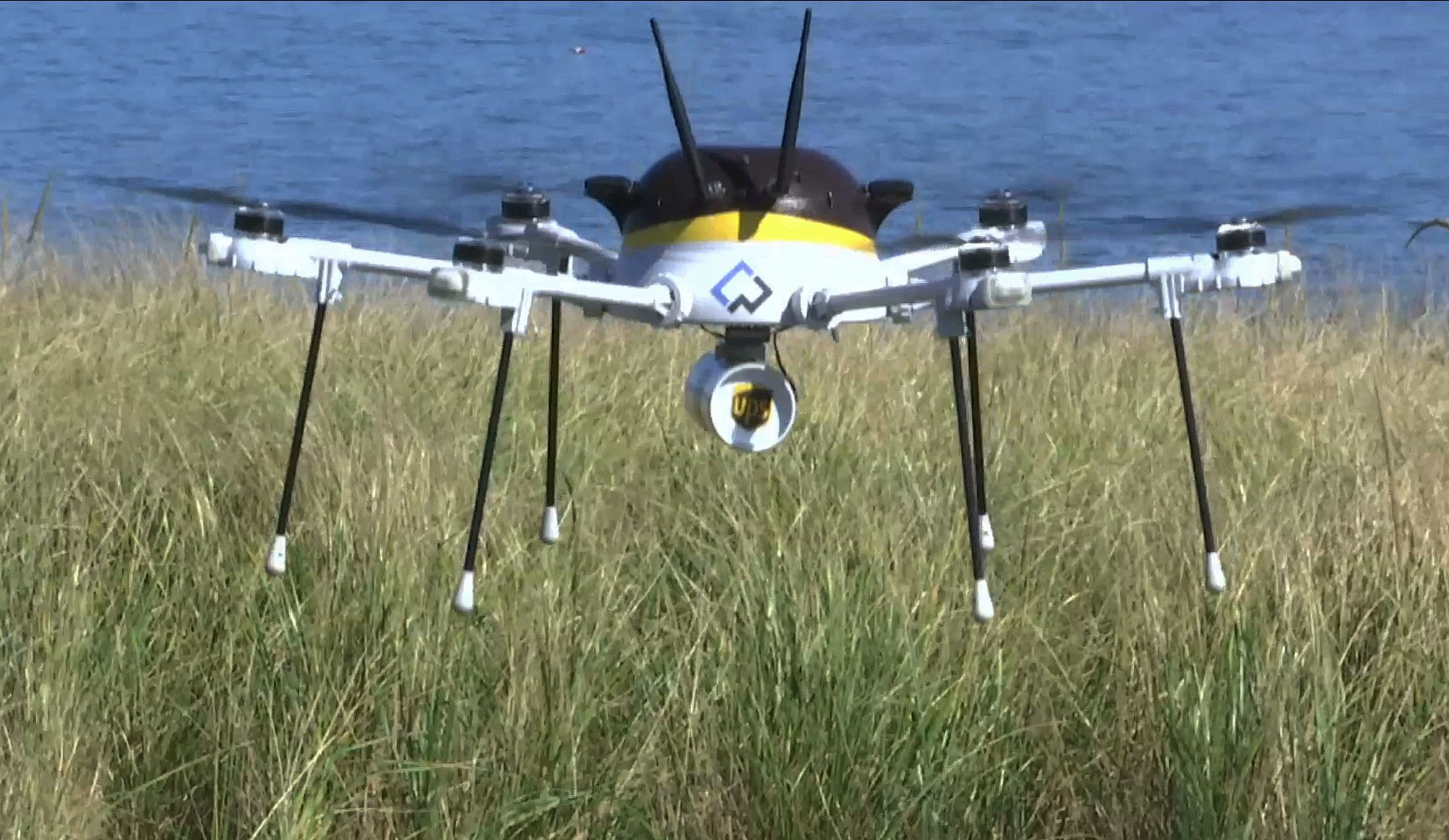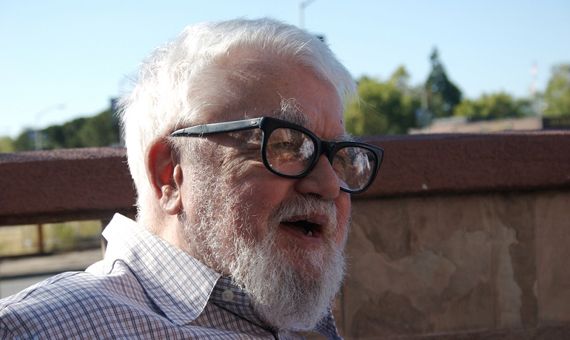Page 10769
Sep 24, 2016
Scientists hail new era of ‘motherless babies’
Posted by Shailesh Prasad in categories: biological, information science
For 200 years, our knowledge of reproduction has been clear: sperm + egg = baby. But scientists say they may have found a way to create babies with two biological dads. Should we celebrate?
Which came first: the chicken or the egg? It is a question pondered since the time of Ancient Greece, when Aristotle decided that the answer must be both.
Now, scientists say it could be possible to remove the egg from the equation all together. Dr Tony Perry and his team announced this week that they have successfully bred mice without using a normal egg cell. Instead, they used sperm to fertilise a kind of non-viable embryo called a parthenogenote, which multiplies more like a normal cell. Then they ‘tricked’ it into developing into an embryo using special chemicals, planted it into a surrogate, and a new mouse was born. It survived, and has even gone on to have offspring of its own.
Continue reading “Scientists hail new era of ‘motherless babies’” »
Sep 24, 2016
IBM is one step closer to mimicking the human brain
Posted by Alexandros El in categories: biological, neuroscience

Scientists at IBM have claimed a computational breakthrough after imitating large populations of neurons for the first time.
Neurons are electrically excitable cells that process and transmit information in our brains through electrical and chemical signals. These signals are passed over synapses, specialised connections with other cells.
Continue reading “IBM is one step closer to mimicking the human brain” »
Sep 24, 2016
UPS testing drones for use in its package delivery system
Posted by Dan Kummer in categories: drones, robotics/AI
One of the world’s largest package delivery companies is stepping up efforts to integrate drones into its system.
UPS has partnered with robot-maker CyPhy Works to test the use of drones to make commercial deliveries to remote or difficult-to-access locations.
The companies began testing the drones on Thursday, when they launched one from the seaside town of Marblehead. The drone flew on a programmed route for 3 miles over the Atlantic Ocean to deliver an inhaler at Children’s Island.
Continue reading “UPS testing drones for use in its package delivery system” »
Sep 24, 2016
The True Father of Artificial Intelligence
Posted by Elmar Arunov in category: robotics/AI
Do you still think that the father of Artificial Intelligence was Alan Turing? You definitelly need to know this name: John McCarthy.
Sep 23, 2016
Watch the first teasers for the new Ghost in the Shell movie
Posted by Shailesh Prasad in categories: entertainment, futurism

As you’ve probably heard, there’s a live-action version of the classic manga The Ghost in the Shell with Scarlett Johansson coming next year, and now the first teasers have arrived.
The spots, which initially aired during tonight’s Mr. Robot season finale, are glitchy and weird; impressionistic moments rather than traditional teasers. (As somebody that grew up on ‘90s visions of our inevitable cyberpunk future, it’s an aesthetic I happen to personally enjoy. The only shame is that Ralph Fiennes isn’t around to sling some black market MiniDisc memories.)
Continue reading “Watch the first teasers for the new Ghost in the Shell movie” »
A bipartisan bill was passed by the U.S. Senate committee that oversees NASA space projects. The bill would allocate $19.5 billion in funds to NASA in 2017, but it has a critical mission for the space agency: send men to Mars.
Sep 23, 2016
How the government plans to make your self-driving car safer
Posted by Dan Kummer in categories: government, robotics/AI, transportation
A self-driving car may someday have to decide between your life and the lives of others. But how should the car choose? If you don’t know how to make that decision, that’s okay — Washington doesn’t either.
That’s one big takeaway in a new, lengthy document from the Department of Transportation that lays out options to make autonomous vehicles safer–and represents the most public sign of the attention self-driving cars are getting from politicians despite their inability to vote.
Sep 23, 2016
The Science of Star Trek — Documentary 2016
Posted by Shailesh Prasad in categories: education, physics, science, space travel
https://www.youtube.com/watch?v=rrSCinkFUtA
Is building our own starship Enterprise possible? Will we ever travel between the stars as easily as they do in Star Trek? JJ Abrams’ new feature, Star Trek Into Darkness, hits the screen in a golden age of scientific discoveries. HISTORY is there, giving viewers a deep look behind the scenes, on the set, and into the science–amazing new exoplanets, the physics of Warp drive, and the ideas behind how we might one day live in a Star Trek Universe.
Sep 23, 2016
6 Charts Breaking Down The Nascent Quantum Computing Startup Ecosystem
Posted by Karen Hurst in categories: computing, quantum physics
They forgot ORNL in the laboratory list.
Deals to three companies — D-Wave, Cambridge Quantum Computing, and Quantum Biosystems — dominate funding. But newer players are emerging.















